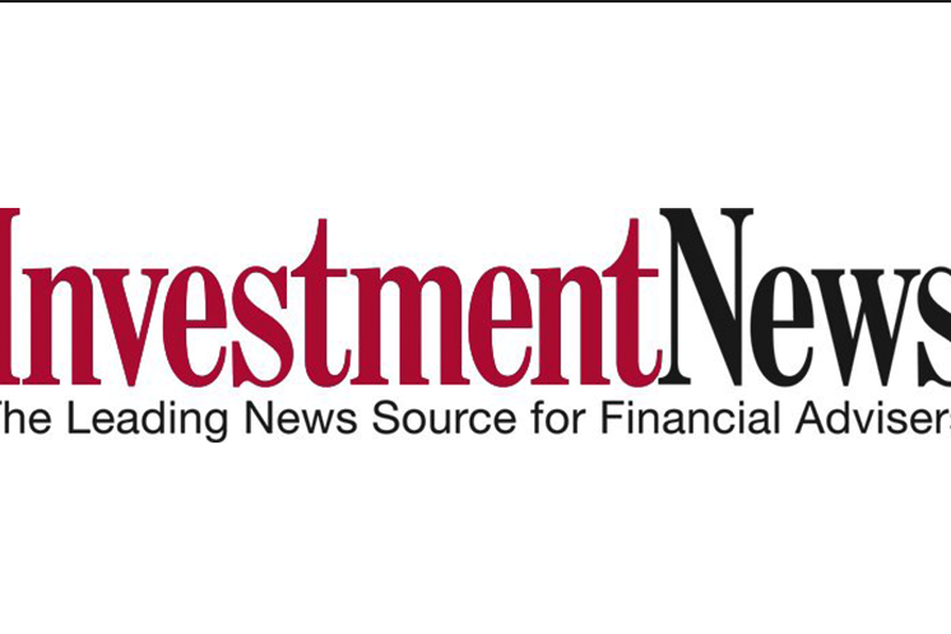The greatest investor you’ve never heard of

None of the legendary names of the investment world -- not Bill Gross, not Warren Buffett, not Kenneth Heebner -- come close to matching the performance of James Wang, a little-known portfolio manager who oversees the OceanStone Fund. How hot is he? $10,000 invested with Wang in 2007 would be worth $65,000 today.
At last month’s Lipper Fund Awards, only one mutual fund manager didn’t show up to receive his award. In fact, even Lipper Inc. couldn’t get in touch with the fund’s manager to tell him he won. And apparently, that is just the way James Wang likes it.
Mr. Wang launched the Oceanstone Fund in November of 2006 with no prior experience running a mutual fund. But since then, he has consistently beaten the pants off the market. The fund’s five-year annualized return of 41% beat the S&P 500 by 39%, while its three-year annualized return of 74% beat the index by 53%. Indeed, a $10,000 investment at the fund’s inception would be worth more than $65,000 today.
Mr. Wang’s best year was in 2009 as he took advantage of the rebounding market to return 264%, compared with the S&P 500’s 26% recovery. The fund hasn’t just played offense, either. In 2008, when the S&P 500 fell 37%, the Oceanstone Fund lost only 9%.
Despite the eye-popping returns, Mr. Wang has decided to keep himself out of the public eye. The fund has no marketing. The contact information on the fund’s prospectus and website leads to a third-party shareholder services firm.
InvestmentNews was able to contact Rajendra Prasad, one of the fund’s four directors. He stated: “Mr. Wang does not want any interviews.”
While most mutual funds disclose their holdings quarterly, Mr. Wang files annual and semiannual reports — the minimum required by the Securities and Exchange Commission. These minimum disclosures could well be attributable to the fund’s lean operations. In addition to being the fund’s portfolio manager, Mr. Wang serves as the treasurer, secretary and chief compliance officer. According to a filing with the SEC, the headquarters of the Oceanstone Fund is a residential address.
The lack of accessibility raises questions for some experts. “In a case like this, you really want to know how they earned that great performance, and you want to know who’s behind it,” said Kevin McDevitt, analyst at Morningstar Inc.
Mr. Wang does reveal something of his strategy in his annual reports. As of June 30, Mr. Wang was looking for companies trading below their “intrinsic” value. “Short-term, stock market can be volatile and unpredictable. Long-term, the deciding factor of stock price, as always, is value. Going forward, the fund strives to find at least some of the undervalued stocks when they become available in U.S. stock market, in an effort to achieve a good long-term return for the shareholders,” he wrote.
Mr. Wang is also not shy about taking on risk to generate returns. The Oceanstone Fund has a standard deviation of 39, according to Morningstar. By way of comparison, the emerging markets — which are considered to be among the most volatile asset classes — have a standard deviation of 26.
“He’s in wipeout territory,” said Lee Munson, chief investment officer of Portfolio LLC. “What the market was doing last August is what a standard deviation of 39 looks like. Statistically speaking, he could just as easily be down 80%.”
But Mr. Munson is still intrigued by Mr. Wang’s remarkable track record. “This could be a great manager or a guy that called the bottom and top for a few years. It lasts for some but not for others. The problem is, there’s no way to know who’s going to keep rolling sevens.”
Learn more about reprints and licensing for this article.




